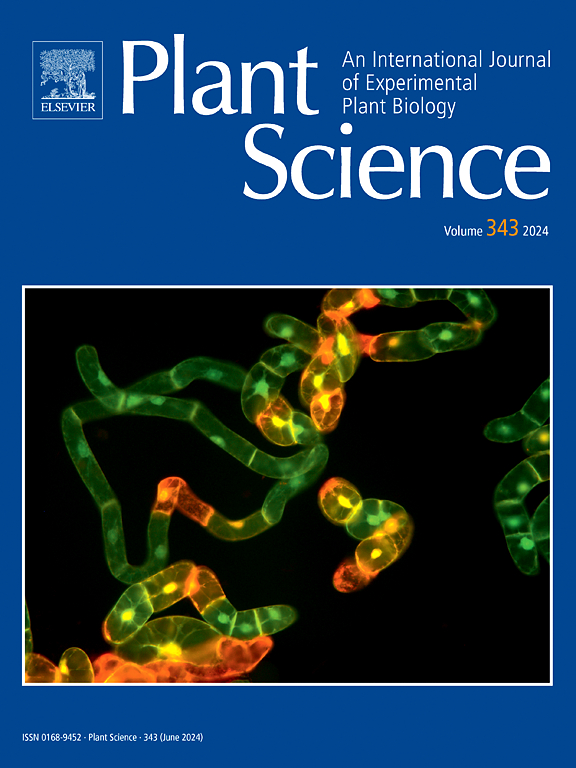Advances and mechanisms of fungal symbionts in improving the salt tolerance of crops
Abstract
Soil salinization leads to reduced crop yields and waste of land resources, thereby impacting global food security. To meet the increasing demand for food and simultaneously alleviate pressure on soil resources, the development of sustainable agriculture is imperative. In contrast to physical and chemical methods, bioremediation represents an efficient and environmentally friendly approach. Fungal symbionts have been found to be associated with most plants in natural ecosystems, colonizing and residing within the internal tissues of host plants. Moreover, the potential of fungal symbionts in improving saline-alkaline soil has been widely recognized and confirmed. Numerous reports have documented the effectiveness of arbuscular mycorrhizal fungi in alleviating salt stress in plants. Meanwhile, research on other endophytic fungi for mitigating plant salt stress has emerged in recent years, which contributes to refining mechanisms for enhancing plant salt tolerance. In this review, we summarized various mechanisms by which endophytic fungi enhance plant salt tolerance. We also provided an overview of the challenges and development directions in the field of fungal symbiosis, with the aim of offering a viable strategy for the bioremediation of saline-alkali soils.

 求助内容:
求助内容: 应助结果提醒方式:
应助结果提醒方式:


